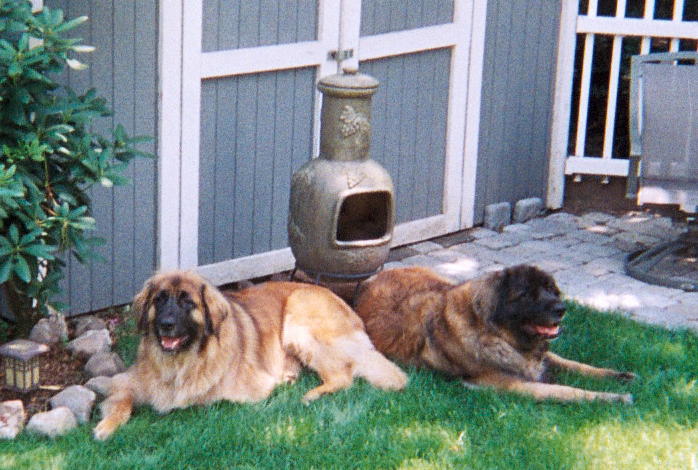Thursday, June 3, 2010
Into the Wild
I think the reason that I've really responded to "Into the Wild" (thus far) is because the book manages to pull off the hat trick of not making a judgment call regarding the behavior of McCandless while still capturing the visceral excitement which prompted his journey of self-discovery. Krakauer's descriptions are compulsively readable, never tedious, and effective at putting the reader into McCandless' shoes as he makes his trek across the country. McCandless is such a fascinating, contradictory figure that I'm glad the book doesn't definitively idolize or condemn him. It recognizes both arguments and addresses their validity, and while Krakauer is very much sympathetic to McCandless' personal calling (understandably), I find it refreshing how even-handed the book is. Much of it is Krakauer letting the people who knew McCandless dramatize his story, and I find that much more effective on an emotional level than if Krakauer were to attempt and fill in the gaps himself. Whereas other writers that we've read like Seierstad have injected their works with commentary, Krakauer literally does instead of merely stating, notably when he injects himself into the text. "Into the Wild" is a book about how people define themselves through their actions (or in the case of the people wishes to escape, lack thereof), and Krakauer admirably lets McCandless' actions speak for themselves. He informs you what McCandless did, how it affected those around him, and ultimately how it affected Krakauer himself. For that reason, I think this is the best book we've read this year, or at least my personal favorite.
Subscribe to:
Comments (Atom)



